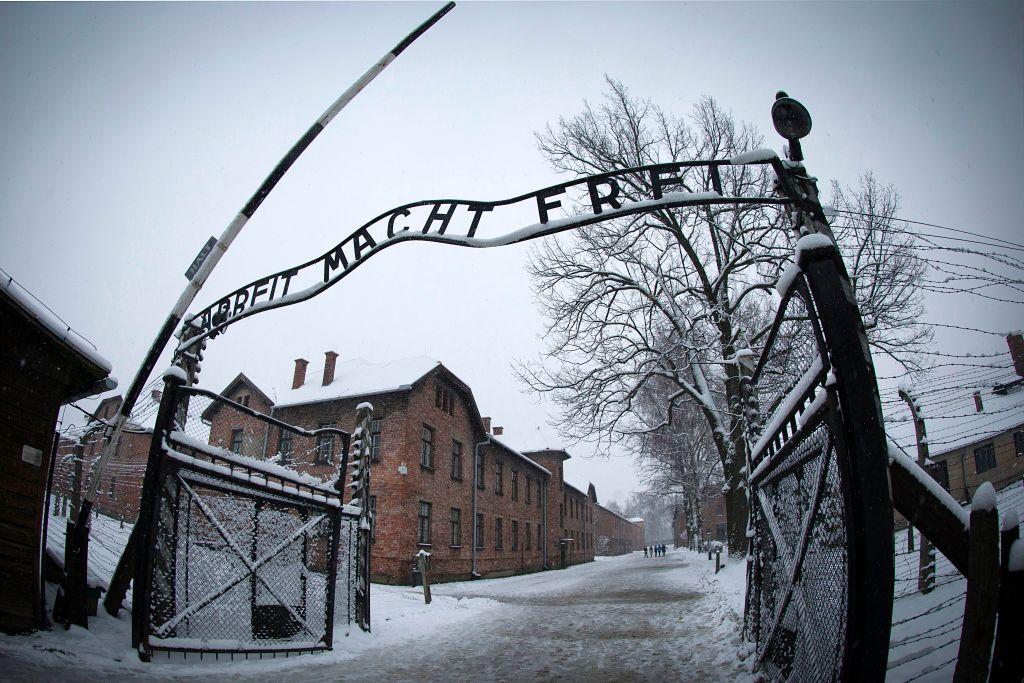Over one-fifth of Americans aged 18 to 29 believe the Holocaust is a myth or “has been exaggerated,” a new poll suggests.
According to the YouGov poll, conducted in collaboration with The Economist, 8 percent of that age group “strongly agree” with the claim that systematic killing of Jews across Nazi Germany-controlled Europe did not happen, while 12 percent said they “tend to agree.”





